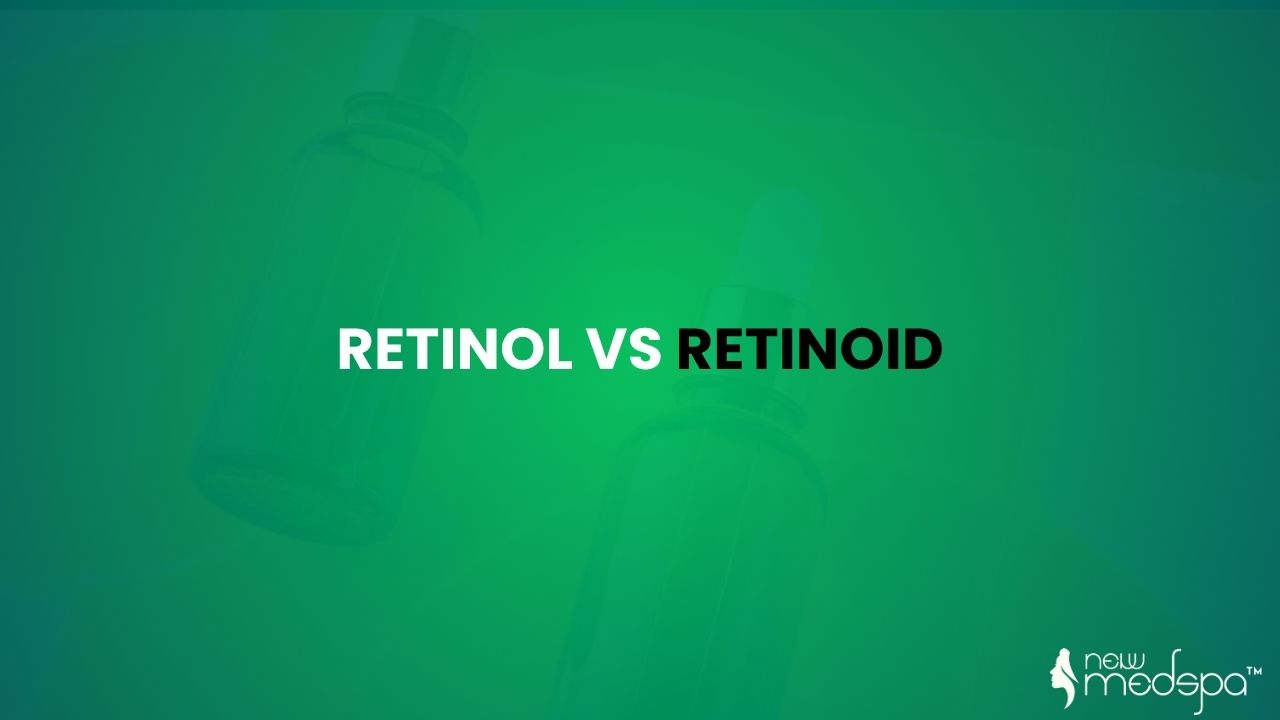Dermal fillers have gained popularity in the years for their capacity to improve facial features and diminish the effects of aging. Whether its enhancing lips or softening wrinkles these injectable procedures provide efficient outcomes. Yet a frequent query, from those contemplating fillers is their longevity.
Introduction to Dermal Fillers
Lets first talk about how they last before we get into the details of what dermal fillers do. Dermal fillers are, like gels that are injected under the skin to bring back lost volume make lines smoother and improve shape. They’re often used to deal with wrinkles, fine lines, sunken areas and loose skin giving a fresher and more youthful look.
Different kinds of fillers are, on the market such, as acid fillers, collagen fillers and synthetic fillers. Each type comes with its features and advantages addressing various cosmetic needs and individual preferences.
Factors Affecting Dermal Filler Longevity
The length of time that dermal fillers remain effective can differ based on factors
- The type of filler employed; Various fillers possess molecular structures and consistencies impacting how long they last.
- The location of treatment; Regions that experience movement, like the lips or nasolabial folds might break down fillers rapidly than less active areas.
- Metabolism and lifestyle aspects; Factors such as an individuals metabolism, exposure, to sunlight smoking habits and skincare practices can influence how quickly the body metabolizes filler substances.
Average Duration of Dermal Fillers
Dermal fillers usually last for durations ranging from a months, to more, than a year. Hyaluronic acid fillers, a type typically stay effective for 6 to 18 months varying based on the product and where they are applied. On the hand collagen fillers tend to have a lifespan lasting approximately 3 to 6 months.
How to Extend the Lifespan of Dermal Fillers
The length of time dermal fillers last can vary,. There are ways people can try to make them last longer;
- Preparing before treatment; Not taking blood thinning medications or alcohol can reduce bruising and swelling which may help the results last longer.
- Taking care afterward; Following the practitioners advice, after treatment like avoiding activity and too much sun exposure can help keep the results looking good for a longer period.
Signs that Your Dermal Fillers Are Wearing Off
As dermal fillers start to wear off over time you might observe a signs that suggest it’s time, for a touch up;
- Alterations, in looks; fullness, the reappearance of wrinkles or the return of previously treated issues could signal that the filler is fading.
- Feelings; Some people might feel lumps or unevenness as the filler breaks down.
The Importance of Maintenance Treatments
In order to maintain the desired outcomes it is practice to schedule follow up sessions. These touch up visits enable professionals to restore lost volume and tend to any issues that may emerge as time passes. Consistent upkeep can uphold an appearance. Reduce the necessity, for significant adjustments later on.
Conclusion
In summary the effectiveness of fillers can differ based on factors, like the type of filler used the area. Individual characteristics. Although they provide outcomes dermal fillers are beneficial for improving beauty and rejuvenating youthful features. By grasping the elements that impact how long fillers last and following treatment care routines people can extend the longevity of their results and maintain a revitalized look, for an extended period.












